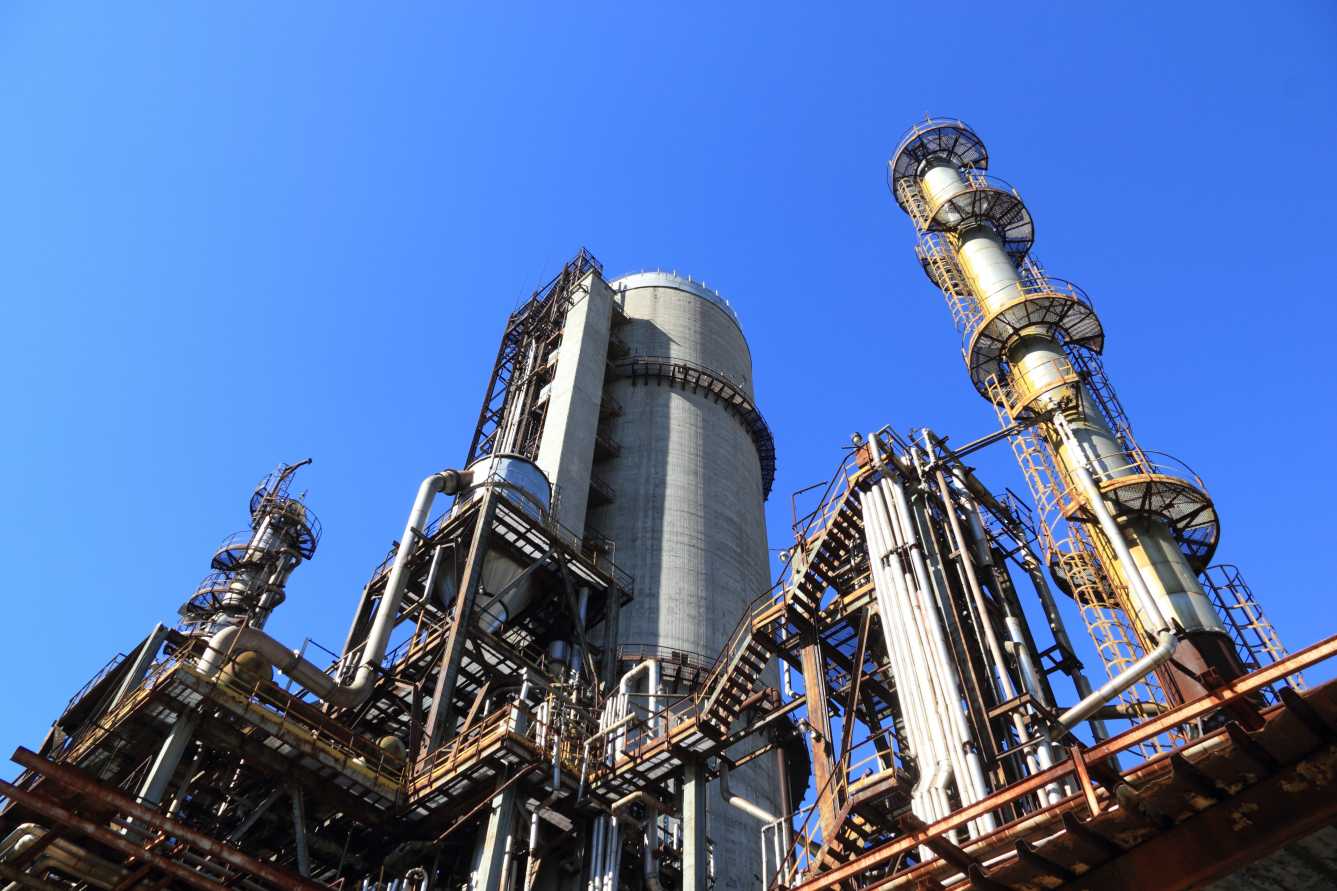Why manufacturing workers need better musculoskeletal care
Many manufacturing industry workers suffer from chronic pain that reduces productivity. Yet 4 out of 5 people with chronic pain are not receiving expert-recommended chronic pain care.
- Hinge Health Learning Center
- Articles
- Why manufacturing workers need better musculoskeletal care
Reviewed by our clinical and medical experts
Annie Barton
As Brian knelt down to lift a heavy box at work, he felt his knee stiffen up and a sharp pain in his knee. It was taking him twice as long to lift packages. Brian needed a better way to get care. He had suffered through 20 years of knee stiffness and pain that caused problems at work and multiple rounds of physical therapy. Many manufacturing industry workers, like Brian, suffer from chronic pain that reduces productivity. Yet 4 out of 5 people with chronic pain are not receiving expert-recommended chronic pain care. Understanding how manufacturing workers are impacted by chronic pain is important because one decision to incorporate a better care program could impact thousands of people and their families.
Because of COVID-19, thousands of elective surgeries have been cancelled. Now more than ever, patients and employers are turning to remote healthcare options to address chronic health issues and avoid non-essential visits to medical facilities. The silver lining is that employers have a unique window to help their workforce with an at home, virtual musculoskeletal (MSK) program that will reduce MSK pain, improve mental health outcomes, and avoid a projected 120% surge in back and joint surgeries at the end of the year.
Physical demands contribute to chronic pain
The physical demands of manufacturing work can contribute to chronic pain. Because of the repetitive nature of the work, doing the same movements over and over can put stress on particular joints being used. According to a study done on heavy lifting’s correlation to chronic pain in BMJ Journals, physical tasks like squatting, kneeling, climbing, and lifting can cause pain and worsen pain that already exists.
Chronic pain inhibits productivity
Chronic pain can inhibit manufacturing workers from performing physically demanding work. Workers in pain are unable to squat, kneel, climb, or lift. An individual with pain that has decreased productivity can ripple to wide-spread impact on a team’s productivity which could cause inefficiency or bottlenecks that have wider spread impact on the company.
Newfound pain-free life through best practice care
After years of working at a leading food processing company, Brian was feeling aches and pains in his joints. He could not find the time for physical therapy appointments and needed a better way to get care. A coworker told him about the Hinge Health program offered through their health benefits. Brian finally had access to best practice chronic knee pain care which included exercise therapy guided by wearable sensors, one-on-one health coaching, and education materials. “I can work when kneeling on my knees now. There was no way I could have done this for at least 10 years,” Brian said about his newfound pain relief. He can get back to hunting, something he enjoyed and wasn’t able to do with his knee pain.
Along with Brian’s success, his employer, a Fortune 500 CPG company, saw a 65% reduction in lost work days and a whopping 73% reduction in depression across their workforce. Workers like Brian are inhibited by chronic pain and need a solution that makes it easy to receive best-practice musculoskeletal care. Download the case study today to learn more about how Hinge Health is helping manufacturing workers overcome chronic pain.
References:
Bern SH, Brauer C, Møller KL, et al. Baggage handler seniority and musculoskeletal symptoms: is heavy lifting in awkward positions associated with the risk of pain? BMJ Open 2013;3:e004055.
Bair MJ, Robinson RL, Katon W, Kroenke K. Depression and Pain Comorbidity; A Literature Review. Arch Intern Med. 2003; 163(20): 2433–2445. doi:10.1001/archinte.163.20.2433.

